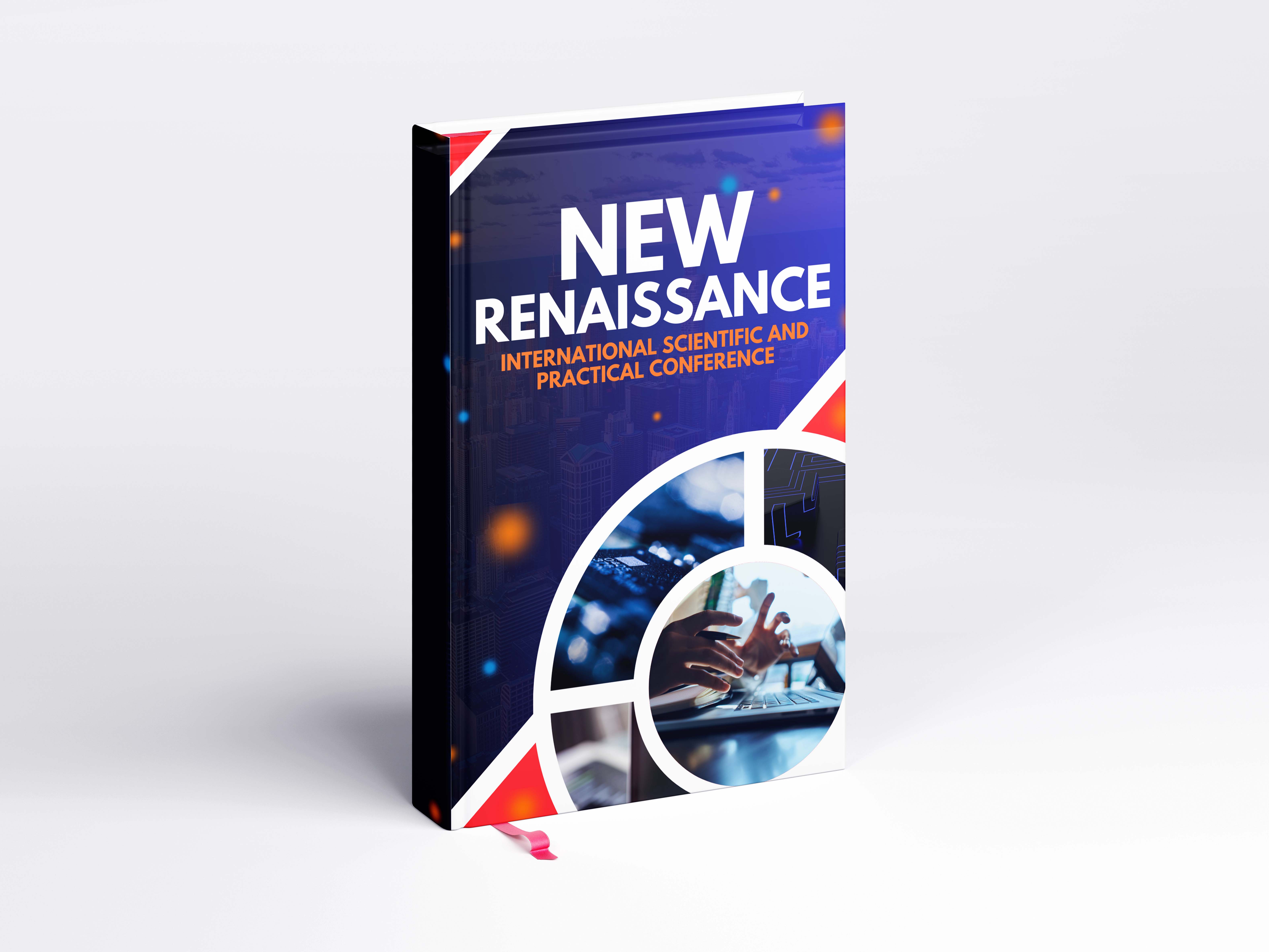Аннотация
The issue of the content of the category of modality as a fundamental linguistic category and the means of its formal expression in modern linguistics has not yet been fully resolved. The growing interest in the problem of linguistic modality is reflected in numerous studies devoted to its functional essence, semantic types, and the structure of modal means. At the current stage, the study of modality as a universal syntactic category requires considering the human factor in language, examining the behavior of individuals in the communication process (such as the communicative goals and emotional state of speech participants, conditions of speech interaction, and methods of influencing the listener). The speaker, as the main factor in language dynamics, creates a unique system of representing the world based on the general language system. As a result, language reflects, on the one hand, objective reality, and on the other hand, the speaker’s subjective world and their attitude toward the described objects.
Библиографические ссылки
Aristotle. (1984). The Complete Works of Aristotle (J. Barnes, Ed.). Princeton University Press.
Bally, C. (1965). Linguistique générale et linguistique française. Berne: Francke.
Benveniste, É. (1974). Problèmes de linguistique générale (Vol. 2). Paris: Gallimard.
Cronus, D. (as cited in Mates, B.). (1961). Stoic Logic. University of California Press.
Desheriyeva, T. I. (1984). Modality in Language: Structural and Semantic Aspects. Moscow: Nauka.
Duden. (2020). Duden – Die Grammatik (9th ed.). Berlin: Dudenverlag.
Kant, I. (1787/1998). Critique of Pure Reason (P. Guyer & A. W. Wood, Trans.). Cambridge University Press.
Kasevich, V. B. (1988). Language and Modality. Leningrad: Nauka.
Le Grand Dictionnaire Terminologique. (2024). Modalité. Office québécois de la langue française. https://gdt.oqlf.gouv.qc.ca/
Le Petit Robert. (2024). Dictionnaire alphabétique et analogique de la langue française. Paris: Le Robert.
Navya-Nyāya School. (as cited in Ganeri, J.). (2001). Philosophy in Classical India: The Proper Work of Reason. Routledge.
Petrov, N. E. (1976). Modality and Its Expression in Russian. Moscow: Nauka.
Vaulina, S. S. (2010). Modality as a semantic category of language and its manifestation in European languages. Vestnik of Moscow State Linguistic University, (6), 35–42.
Vinogradov, V. V. (1972). Russian Language: Grammar Studies on Modality. Moscow: Nauka.
Zakiev, M. Z. (1975). The Category of Modality in Turkic Languages. Kazan: Tatarskoe Knizhnoe Izdatel'stvo.
